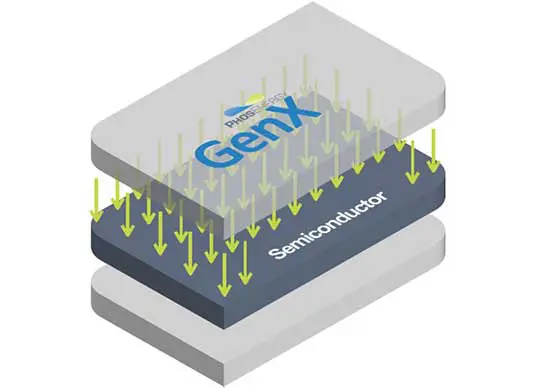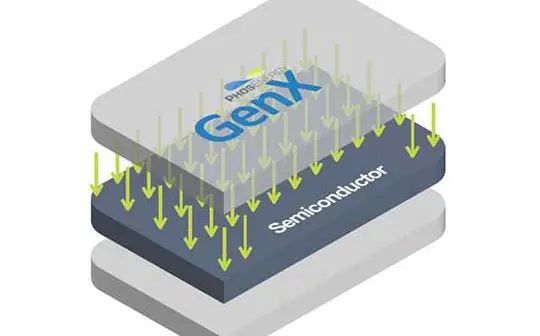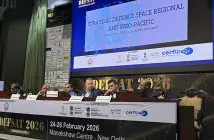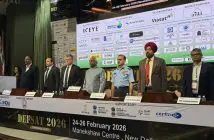
Australia is set to play a world-leading role in the development of ultra-long-lasting batteries for space and defence applications.
A $2.4 million grant has been awarded to a consortium led by PhosEnergy, including The University of South Australia, The University of Adelaide, and the International Space Centre at The University of Western Australia, as well as industry partners DEWC Systems and Duromer Products.
This grant of the Federal Government’s Cooperative Research Centres Projects (CRC-P) scheme will enable a $6 million program to develop the new GenX battery technology, which will provide electrical power for decades without human intervention.
The batteries, or GenX energy units, combine metals, semiconductors and beta-radiation to produce constant DC power over very long periods — a benefit required on long-term space missions and remote defence applications. The GenX technology was invented by PhosEnergy Managing Director Bryn Jones and Chief Scientist Dr Julian Kelly, with the collaborative project being led by General Manager Dr Scott Edwards.
The growing space industry and increasingly sophisticated remote defence sites are creating enormous demand for long-life, fuel-free power sources.
“The market for power generation in space is already estimated to be worth $2.8 billion a year and is forecast to continue double-digit growth for the foreseeable future on the back of commercial and government space programs focus on extended missions, lunar occupation and resource recovery,” said Mr Jones.
“Demand from the defence industry is also soaring as more power-hungry technology is installed in remote locations. Secure integrated communications and sensor developments are driving the requirement for a portable and autonomous long-term power source,” he added.





